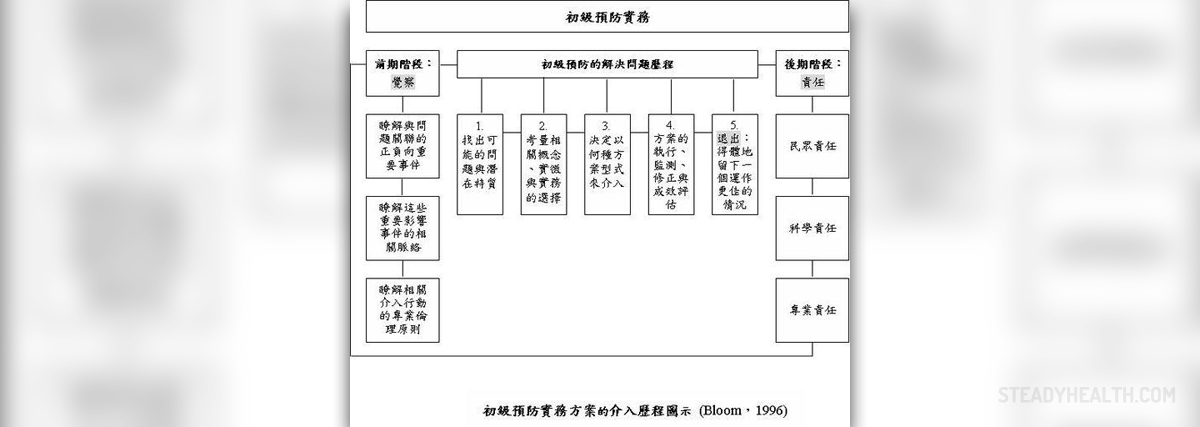
Urinary infections can manifest in numerous different ways. Generally, the infections are caused by three types of organisms: escherichia coli, straphylococcus saprophyticus and proteus mirabilis. Urinary infections may take the form of bacteriuria or urinary tract infections (UTI). UTI are broken down into the categories of lower, upper, recurrent, uncomplicated and complicated UTI. Up to 90% of men suffering from a UTI will also suffer from prostatic abscesses or prostatitis.
Risks and Examination
UTIs are a common occurrence, and for the most part will occur more frequently in females. The chances of developing a UTI are higher if one suffers from an abnormality of the renal tract. One might also be at risk of contracting a UTI if one has had recent sexual activity or recently added a new sexual partner. Other risks occur through the use of spermicide, or if you have diabetes, are pregnant of have been recently institutionalized. It is also believed that the risk of UTI is genetic.
In order to determine the presence of a UTI, a doctor will examine the patient’s medical history before examining the bladder and kidneys. A doctor might also perform a urine microscopy, a dipstick analysis of urine or an ultrasound evaluation of the upper urinary tract.
Symptoms
Some signs of the presence of a UTI include: regular urination, dysuria, haematuria, foul smelling and/or cloudy urine, pyrexia, incontinence, rigors, loin pain, nausea and confusion. It must also be noted that similar symptoms can be seen in non-bacterial conditions such as urethral syndrome, atrophic vaginitis and urethritis. Urinary infections must also be differentiated from infections of the genital tract such as chlamydia, herpes and gardnerella - these infections can cause similar symptoms. An enlarged or inflamed prostate might also produce similar symptoms in men.
Treatment
Those suffering from a UTI are advised to have a high intake of fluids, especially water. Cranberry juice may also prove to be very helpful when it comes to the treatment of UTIs. In terms of medication, trimethoprim might be used in order to treat uncomplicated UTI. For those unable to take this drug, nitrofurantoin and cefalexin 9 will be used. Topical oestrogen might be used as part of the treatment of menopausal women. Some low dose antibiotics are recommended to prevent recurrent UTI, while there is ongoing research evaluating the role of probiotics and vaccines for the same purpose. Symptomatic relief can be provided by paracetamol or NSAIDS.
















Your thoughts on this
Loading...